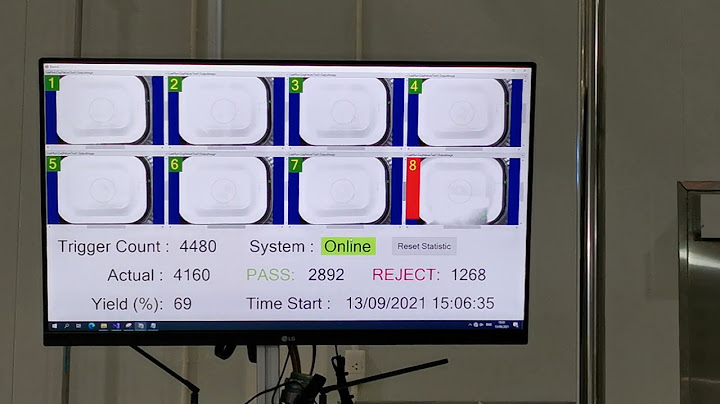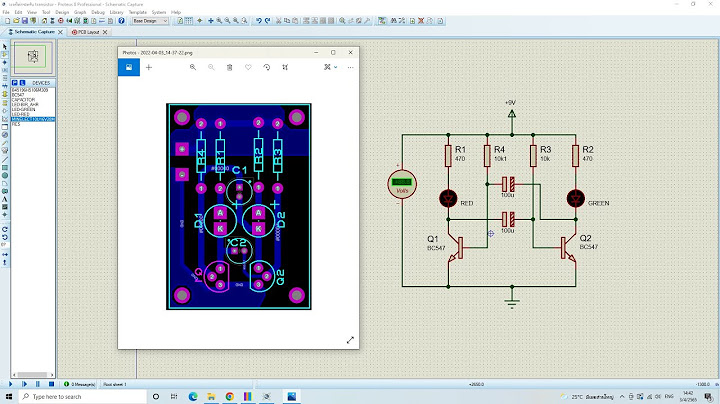Advertisement Aability อ่านว่า (อะบิล’ลิที) : ความสามารถ
about (อะเบาทฺฺ’) : เกี่ยวกับ, รอบๆ
above (อะบัฟว’) : ข้างบน, เหนือ
abroad (อะบรอด’) : ต่างประเทศ, เมืองนอก
absence (แอบ’เซนซฺ’) : การไม่อยู่, การไม่ได้มา, การขาดแคลน
absent (แอบ’เซนทฺ’ adj., แอบเซนทฺ’ vt.) : ไม่อยู่, ขาด, ลาหยุด
accept (แอคเซพทฺ’) : รับ, ยอมรับ, เห็นด้วย, ตกลง
acceptable (แอคเซพ’ทะเบิล) : มีคุณภาพดีพอ, ซึ่งยอมรับได้
accident (แอค’ซิเดนทฺ) : ความบังเอิญ, อุบัติเหตุ
accordance (อะคอร์ ‘แดนซฺ) : ความตกลง, ความสอดคล้อง
according to (อะคอร์ ‘ดิง ทู) : ตามข้อกำหนด
account (อะเคานทฺ’) : บัญชี, รายงาน, สาเหตุ
ache (เอค) : รู้สึกปวด, ความปวด
acid (แอส’ซิด) : กรด, เปรี้ยว
across (อะครอส’) : ข้าม, ขวาง
act (แอคทฺ) : การกระทำ, พฤติการณ์, ฉาก
action (แอค’เชิน) : การกระทำ, การปฎิบัติ, การดำเนินการ
active (แอค’ทิฟว) : คล่องแคล่ว, กระตือรือร้น
activity (แอคทีฟ’วิที) : กิจกรรม, เหตุการณ์, การกระทำ
actor อ่านว่า (แอค’เทอะ) : นักแสดงชาย
actress (แอค’เทรส) : นักแสดงหญิง
actual (แอค’ชวล) : จริง, ที่แท้จริง, ที่ชัดเจน, ซึ่งเป็นอยู่ปัจจุบัน
add (แอด) : เติม, บวก, เพิ่ม, เสริม
addition (อะดิช’เชิน) : การเพิ่ม, การบวก
address (อะเดรส’ n., แอด’เดรส vi.) , ที่อยู่, คำจ่าหน้าซอง, คำปราศรัย
adjective (แอด’เจคทิฟว) : คำคุณศัพท์ admiration (แอดมิเร’เชิน) : ความรู้สึกชื่นชม, การชื่นชม
admire (แอดไม’เออะ) : เลื่อมใส, ชมเชย, นับถือ
admit อ่านว่า (แอสมิท’) : ยอมรับ, รับเข้า
Advertisement |

กระทู้ที่เกี่ยวข้อง
การโฆษณา
ข่าวล่าสุด
การโฆษณา
ผู้มีอำนาจ
การโฆษณา
ถูกกฎหมาย
ช่วย

ลิขสิทธิ์ © 2024 th.ketajaman Inc.




























